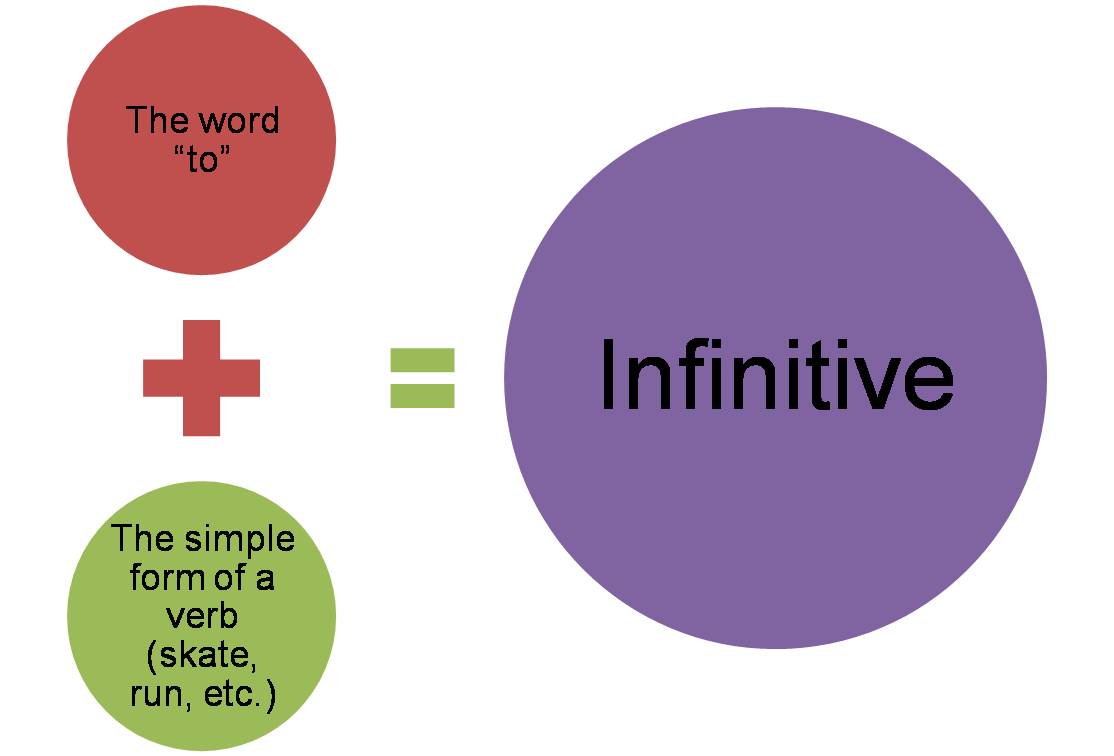Difference between Gerund and Infinitive

Gerund is a non-personal form of the verb, which has features of a verb and a noun collectively. They always have “ing” in the ending. It is distinguished from participles by the context.
Verbs in the infinitive form of the third person singular and plural are pronounced similarly. You need to learn basic grammar rules to determine which of these words are infinitive. And to do this it is important to write the word without spelling errors.
However, it is difficult to distinguish between the personal infinitive forms, if the word is written in the transcription.
Instructions
-
1
Gerund:
Look at the participle of the context. If it describes a noun, it is not a gerund and participle. For example, "I think that a (what? Doing that?) Playing child will have a better imagination" (I think that playing a child's imagination will be better). In this case: Child is a noun.
Take a look at the words that stand side by side. Gerund may not be used with the article but can be used with a preposition. Consider the sentence "Please stand during the reading of this book. It is not a time for playing". Here reading - the sacrament, because used with the definite article “the”, and playing - the sacrament, because the preposition is used for the purpose.
Take a look: If a word ends with “ing” associated with the dependent word using the excuse, then it is not a gerund, and if it manages dependent word with the accusative case, it may be a gerund. For example, "I was embarrassed by the dancing of that woman” and “She made a few mistakes when reading the poem.”
Image courtesy: docstoc.com

-
2
Infinitive:
You can, of course, form the infinitive with auxiliary issues of "what to do?”. But this method is not always helpful. For example, students can face difficulty in putting the infinitive impersonal verbs, which can be the consequence of spelling errors.
Children also confuse the verbs in the form of a third person with the infinitive, and therefore will not be able to determine how to write: "ed". For example, the verb in the syntax "seems successful" children find it difficult to put the subsidiary questions. Thus, they cannot check the spelling of words.
To learn how to correctly form the indefinite form, it is necessary to pay attention to the structure of the word because Infinitive verb can act as secondary parts of the sentence.
Image courtesy: sscexpo.blogspot.com








